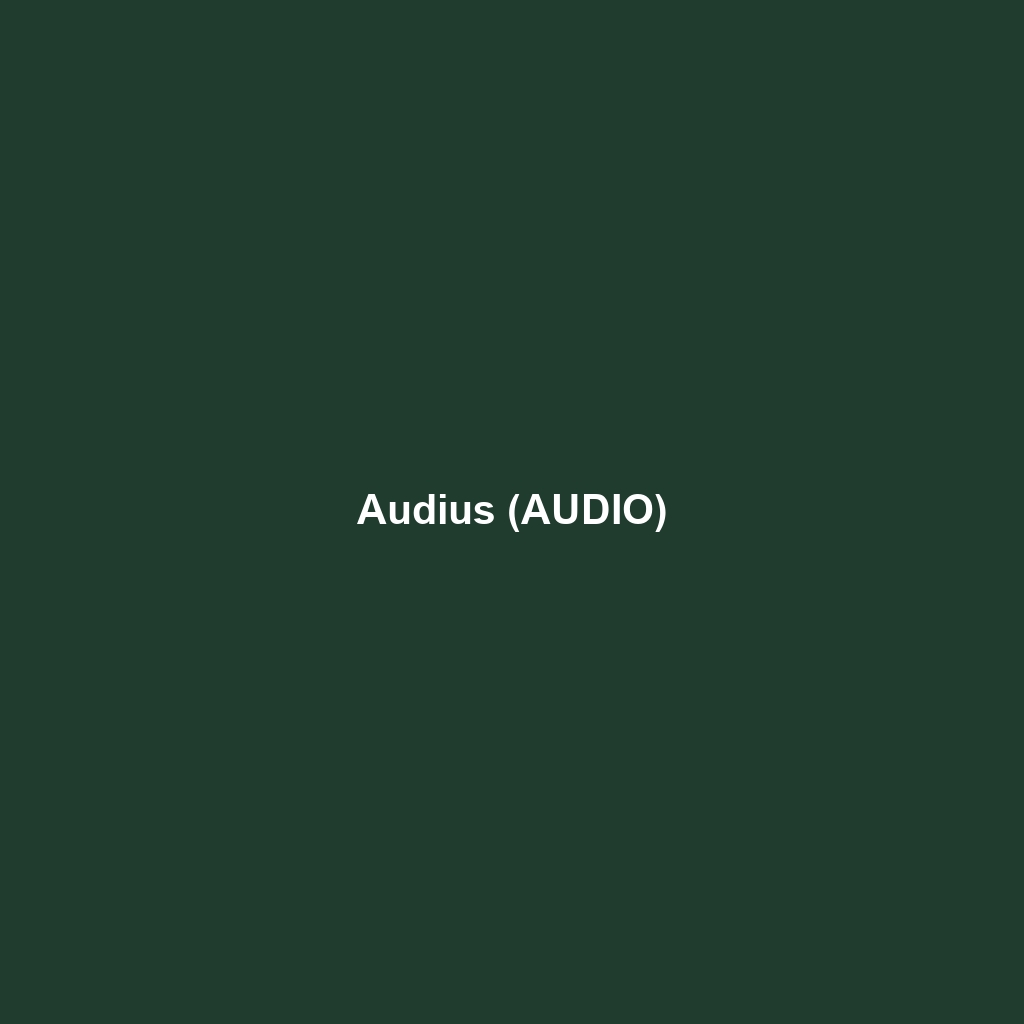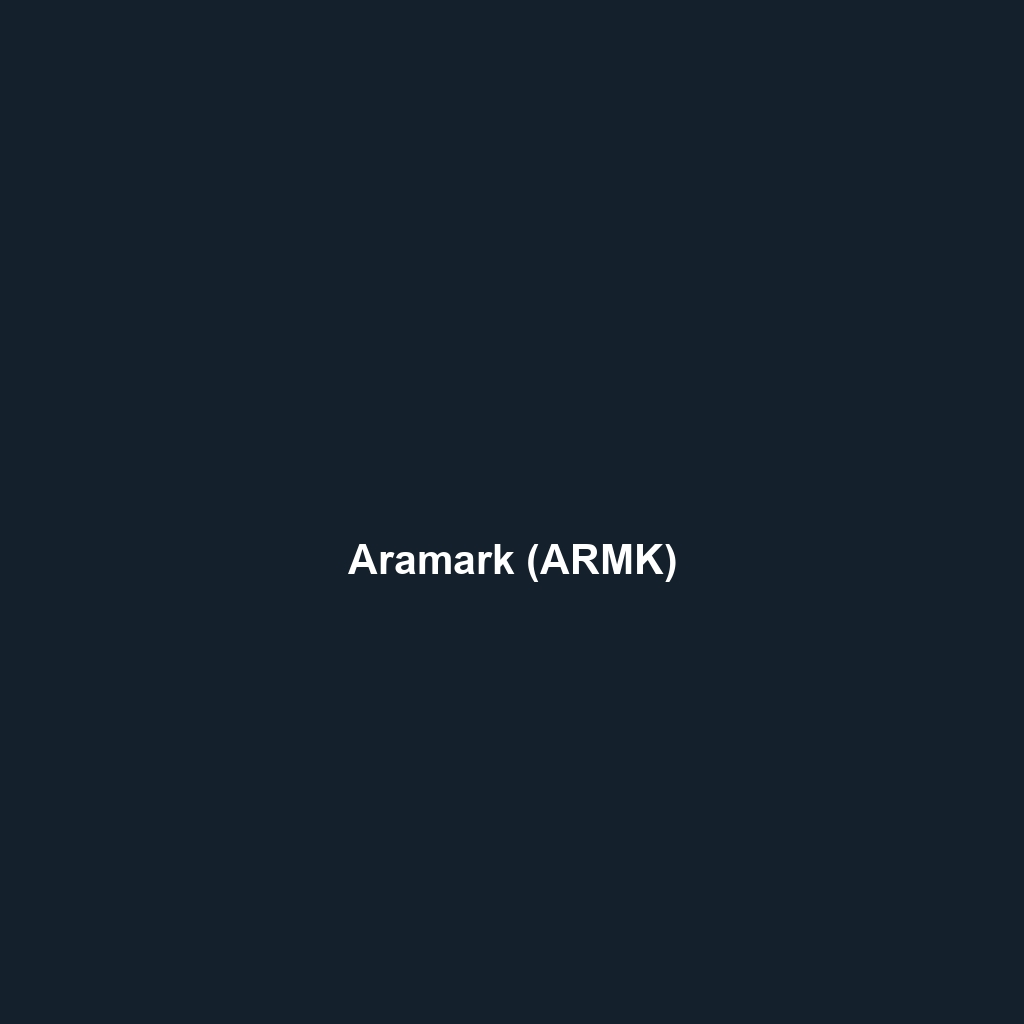Your cart is currently empty!
Tag: DAOs

Audius (AUDIO)
Audius (AUDIO): Revolutionizing Music Streaming through Blockchain Technology
Audius (AUDIO) is an innovative cryptocurrency that aims to disrupt the conventional music streaming industry by leveraging blockchain technology. Designed as a decentralized music-sharing platform, Audius allows artists to publish their music and ensure that they are fairly compensated through the use of the AUDIO token. This description provides an in-depth overview of Audius, including its history, technology, market performance, and more.
1. Name and Ticker Symbol
The official name of the cryptocurrency is Audius, and its ticker symbol is AUDIO. This token is essential for transactions and interactions on the Audius platform.
2. Founders, Launch Date, and History
Audius was founded by Roneil Rumburg, Forrest Browning, and Dalla Muthukumaran in 2018. The platform was officially launched that year, with significant milestones including its mainnet launch in September 2020 and partnerships with notable artists and organizations. Through steady growth, Audius has made headlines for not only empowering artists but also for its community-oriented approach.
3. Blockchain Platform
Audius operates on its own blockchain, built on Ethereum and Solana, combining the advantages of Layer 1 and Layer 2 solutions. This dual approach allows it to benefit from Ethereum€„¢s security and the high throughput capabilities of Solana, making it suitable for scalable music streaming.
4. Purpose and Use Case
The primary purpose of Audius is to create a decentralized music streaming service that allows artists to publish their music directly, cutting out intermediaries like record labels and streaming platforms. Key use cases include music distribution, artist monetization, and community engagement through fan voting on content.
5. Technology and Consensus Mechanism
Audius employs a combination of blockchain technology and decentralized protocols to host and share audio files. The platform utilizes a modified Proof of Stake (PoS) consensus mechanism, engaging users with incentives to validate transactions while maintaining security and efficiency.
6. Supply and Tokenomics
The maximum supply of AUDIO tokens is capped at 1 billion. Currently, the circulating supply is approximately 675 million tokens. Audius incorporates staking rewards, where users can stake their tokens to earn returns, as well as a burn mechanism that helps manage its economy by reducing supply over time.
7. Use Cases and Adoption
Audius has partnered with various prominent artists, including Deadmau5 and Rezz, showcasing its practical application in the music industry. Moreover, it has established collaborations with DeFi projects to enhance its utility, thus enabling artists to retain greater control over their work.
8. Market Performance and Metrics
As of the latest figures, Audius has a market cap of over $1 billion, reflecting its growing popularity. Historical price trends show significant volatility, a common phenomenon in the cryptocurrency market. Trading volume often fluctuates between $10 million to $50 million, depending on market conditions.
9. Where to Buy and Trade
AUDIUS can be traded on several popular exchanges including Binance, FTX, and decentralized exchanges (DEXs) like Uniswap and SushiSwap. These platforms provide liquidity and facilitate easy access for users looking to engage in crypto trading.
10. Security and Risks
While Audius has maintained a strong security posture, potential risks include vulnerabilities inherent in smart contracts and regulatory scrutiny. Thus far, the platform has not experienced significant hacks, but market participants should remain aware of evolving risks in the crypto landscape.
11. Community and Governance
Audius is governed by its community via a decentralized autonomous organization (DAO). Token holders can propose and vote on changes to the protocol, ensuring community engagement and a shared vision for the platform’s future.
12. Competitors and Differentiation
In the realm of decentralized music platforms, Audius competes with services like Royal and SoundCloud. However, Audius distinguishes itself by offering zero fees for artists and empowering them with complete ownership and control over their content.
13. Roadmap and Future Developments
Looking ahead, Audius has several exciting developments planned, including the integration of additional blockchain networks, enhanced user interfaces, and broader artist engagement initiatives. These updates aim to further optimize the platform’s performance and user experience.
14. Wallet Compatibility
AUDIUS can be stored in various wallets that support Ethereum and Solana assets, including MetaMask, Ledger, and Trust Wallet, ensuring flexibility and security for users and investors alike.
15. Regulatory and Compliance Status
As a decentralized platform, Audius is navigating complex regulatory landscapes. Although there have been no major legal challenges reported, it remains adaptable to potential regulatory changes that may affect decentralized finance (DeFi) and crypto platforms.
16. Recent News and Updates
Recent updates include partnerships with significant music labels and features designed to enrich user experience, such as enhanced mobile functionality and artist analytics tools. These updates reflect Audius’s commitment to continually evolving its platform to better serve artists and fans.
17. Summary and Call to Action
Audius (AUDIO) stands out as a revolutionary platform harnessing the power of blockchain technology to reshape how artists interact with their music and audiences. With a strong community support, innovative features, and a clear roadmap for the future, Audius is a token and platform worth following in the evolving cryptocurrency landscape. For further insights and updates, visit the UpCube.net and check out the official website of Audius.

Aragon (ANT)
Aragon (ANT): A Comprehensive Overview
Aragon, represented by the ticker ANT, is a pioneering cryptocurrency aimed at empowering individuals and organizations to create and manage decentralized autonomous organizations (DAOs) on the blockchain. Developed to leverage blockchain technology for governance and collaboration, Aragon has made significant strides since its inception.
Founders, Launch Date, and History
Aragon was founded by Luis Cuende and Markus Altmann, who aimed to harness the potential of blockchain technology to revolutionize organizational structures. The project officially launched in 2017, gaining attention through its Initial Coin Offering (ICO), which raised over $25 million in just a few hours. Key milestones in Aragon€„¢s journey include its participation in the Ethereum ecosystem and its advocacy for decentralized governance.
Blockchain Platform
Aragon operates on the Ethereum blockchain, which is known for its robust smart contract capabilities. The platform is categorized as a layer 1 solution, leveraging Ethereum’s decentralized infrastructure to provide a foundation for its governance tools.
Purpose and Use Case
Aragon was designed to facilitate the creation and management of DAOs, allowing users to easily form organizations without the need for traditional intermediaries. Its primary use cases include governance, fundraising, and DeFi (Decentralized Finance) applications. By providing tools for community administration, Aragon aims to democratize decision-making processes within organizations.
Technology and Consensus Mechanism
The underlying technology of Aragon is built on Ethereum’s smart contract framework, allowing for seamless integration of various governance features. While Aragon itself does not operate its own consensus mechanism, it utilizes Ethereum€„¢s existing model, which is transitioning from Proof of Work (PoW) to Proof of Stake (PoS) with Ethereum 2.0.
Supply and Tokenomics
ANT has a maximum supply of 39 million tokens, with a circulating supply currently around 30 million tokens. The Aragon network incorporates staking rewards for users participating in governance, promoting active community engagement. Additionally, Aragon has mechanisms for token burns, which help manage supply and support the token€„¢s value.
Use Cases and Adoption
Several organizations and projects utilize Aragon€„¢s framework to create their own DAOs, including Gitcoin, which funds open-source projects. Aragon has formed partnerships with projects in the decentralization space, further solidifying its position as a leader in blockchain governance.
Market Performance and Metrics
As of late 2023, Aragon’s market cap stands at approximately $150 million, with a volatility level similar to that of other cryptocurrencies in the market. Recent historical price trends reflect a steady growth pattern, supported by increasing interest in DeFi and DAO governance.
Where to Buy and Trade
Aragon (ANT) is available for trading on numerous exchanges, including notable platforms like Binance, Coinbase, and Uniswap (a major decentralized exchange). These platforms offer various trading pairs and liquidity options for traders and investors.
Security and Risks
Like many cryptocurrencies, Aragon faces security vulnerabilities including potential exploits in its smart contracts. Although there have been no high-profile hacks directly related to Aragon, users must remain vigilant regarding the security of their assets. Legal and regulatory risks also loom, particularly as governments around the world grapple with blockchain regulations.
Community and Governance
Aragon employs a unique governance model that allows ANT token holders to vote on proposals and platform upgrades. This decentralized democratic process empowers users and fosters community involvement in critical decisions affecting the platform’s future.
Competitors and Differentiation
Aragon competes with other decentralized governance platforms such as DAOstack and MolochDAO. However, its comprehensive toolkit and user-friendly interface set it apart, making it an attractive option for organizations of all sizes looking to adopt decentralized governance.
Roadmap and Future Developments
Looking ahead, Aragon has a roadmap focused on improving user experience, enhancing the DAO creation process, and expanding its integrations with other blockchain projects. Key partnerships and upcoming upgrades are anticipated to strengthen its position in the market further.
Wallet Compatibility
ANT tokens can be stored in a variety of wallets, including popular options like MetaMask, Ledger, and Trust Wallet. These wallets provide secure environments for storing cryptocurrencies and facilitate easy interaction with the Aragon platform.
Regulatory and Compliance Status
Aragon operates in an evolving regulatory landscape that presents both challenges and opportunities. As a project focused on decentralized governance, it could face scrutiny regarding compliance with existing financial regulations. Engaging legal counsel to navigate these challenges is a priority for the team.
Recent News and Updates
In recent months, Aragon has made headlines with new partnerships aimed at fostering DAO adoption and innovative updates to its governance solutions. The community is particularly excited about developments that enhance interoperability with other DeFi protocols.
Summary and Call to Action
In summary, Aragon (ANT) stands out as a crucial player in the cryptocurrency landscape, pioneering the path for decentralized organizations. With its robust technology, engaging community governance, and practical applications in real-world scenarios, Aragon is a project worth following for anyone interested in the future of blockchain technology and governance. For additional insights, visit UpCube.net. Furthermore, explore more about Aragon through their official website.